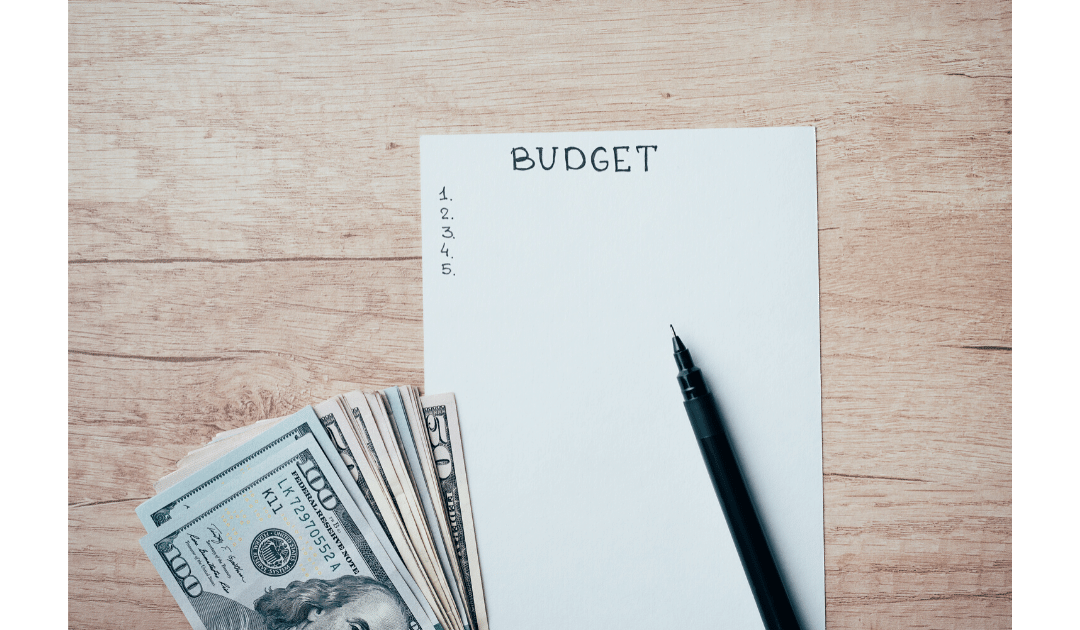By Charlestien Harris
As difficult as it can be to make ends meet, it’s getting even tougher during this pandemic. Now is the time to develop strategies that will guide your finances well beyond this health crisis.
Understanding your cash flow will help you get a handle on how money moves in and out of your household. Knowing when the greatest amount of your money is “flowing” through your weekly or monthly budget increases your chances of being successful at managing your money more efficiently.
You have already been given some strategies in my previous posts, but here are a few more that may help you to accomplish this task:
- If you have credit cards, you should try only making the minimum monthly payment. This allows you to have additional cash to distribute somewhere else in your budget. (This tactic may sound strange since you’re usually encouraged to pay off credit cards fast to avoid interest. However, we’re not focusing on debt repayment right now; our main goal is to have enough money to pay all your bills.)
- Explore the services offered by a local community action agency. Some of these agencies will pay at least one to two months utilities, and sometimes this may include rent or a mortgage payment.
- Take a break from making your federally held student loan payments. The CARES ACT has a provision for federal student loans that automatically suspends principal and interest payments until September 30, 2020.
- Try to align your bill payment schedule with how money flows into your household. This means when the greatest amount of income is available, you should pay as many bills as you can, so when the money available diminishes the bulk of the bills are already paid.
- Take full advantage of unemployment benefits. The CARES Act as well as some local states have extended the time you can receive those benefits. This can extend the actual cash you have put aside, thus allowing you to budget your money in another category.
- Also, think about applying for the SNAP Benefits food program. This can possibly extend your food budget.
- The Medicaid program is another way to possibly extend your income. This option may help you to cover some medical issues that may arise during this time of uncertainty. Check with your state’s Department of Human/Family Services to see if you qualify or if it participated in the Medicaid extension program.
- Learn how to identify areas in your budget that you could possibly reduce. Tracking your spending habits will help you with this task. Tracking for a month or at least a week will help you recognize your spending patterns, and how you may be able to control them.
- Are you spending money on items you don’t need? Recognizing this habit will also help you to stick to the budget you have set for yourself.
- You might be asking yourself, how do I make the tough choices in tight months. One strategy is to rotate the bills you pay each month. While not ideal, this can prevent you from losing your car, house, having your utilities shut off or getting into serious default on a loan.
Hope these suggested tips help you stay on track with your finances. Until next week – stay financially fit!

